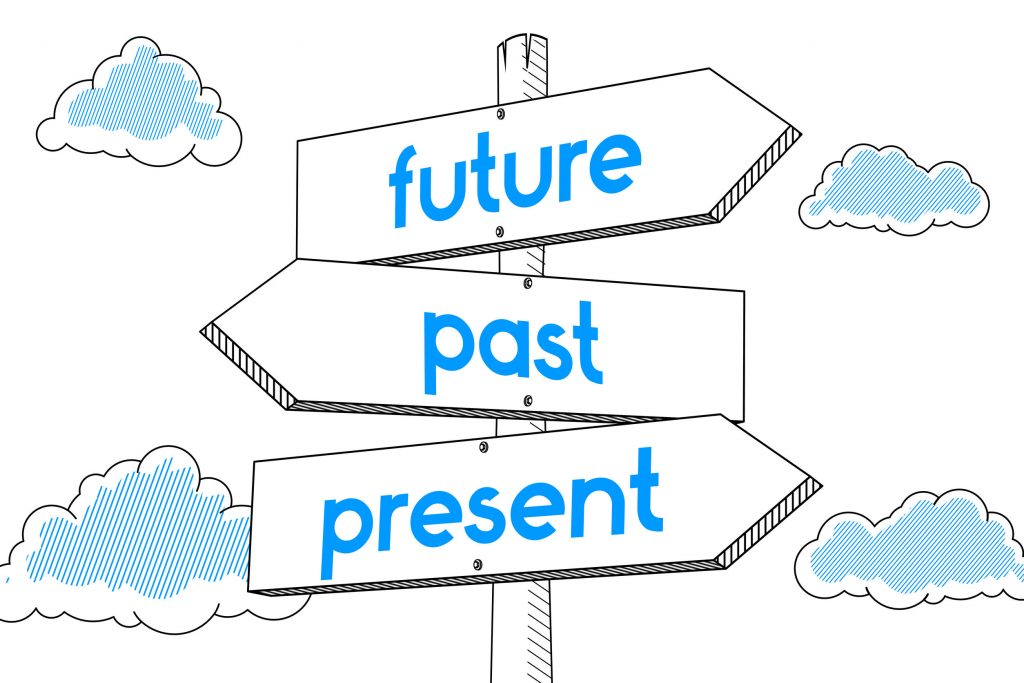How companies can address the past with honesty—and move forward with purpose
When getting your house in order and trying to change a negative narrative around past mistakes, actions speak louder than words.

Purpose—an organization’s reason that it exists, beyond profits and grounded in humanity—has become a mandate for businesses of all sizes and sectors.
With roots in philanthropy, corporate citizenship, shared values and today corporate social responsibility (CSR), purpose goes beyond those practices. In fact, it starts from within—with the very core of a company’s “why,” roots and heritage, values, and most importantly, with employees. For purpose to be authentic, it must be built upon these foundational elements, co-created with critical stakeholders, and designed to tap resources from across the business—from innovation and development to operations and culture.
In an era of “purpose washing,” more organizations are adopting a purpose purely to support reputational goals, add marketing patina or serve as a PR hook. On its face, a purpose façade might appear lovely and attract consumers, but long-term it will fail.
This leads to the critical point of cleaning house: Like humans, companies are not perfect—and that’s truly O.K. What matters is whether organizations, when embarking on the “purpose journey,” sweep missteps under the proverbial rug, or address issues head on.
Among a savvy consumer base—one that increasingly expects companies to support society through their core operations, goods and services—it does indeed pay off to be honest. In fact, that level of transparency can build even stronger relationships and loyalty with your consumers.
Who’s doing it right?
Take Patagonia, the golden example among purpose practitioners. With environmentalism at its core, and a clear purpose—“We are in business to save our home planet”—Patagonia has succeeded in leveraging its business, from product innovation to industry clout, to advance positive progress on the environmental and climate issues.
Yet, Patagonia is radically transparent about its faults. For one, the company has a dedicated section on its blog about issues including manufacturing practices and material use, and how the company is addressing them. The coating on some of Patagonia’s technical jackets, it turns out, is pretty terrible for the environment—but those same coatings are absolutely critical to adequately protect wearers from harsh weather. Imagine a consumer being surprised that Patagonia products are hurting the environment, a fact that’s incompatible with the company’s mission statement.
Instead, Patagonia is not only honest about these issues, but specifies clear goals and strategies to address them, such as developing new materials that are better for the environment, without losing functionality for the wearer. It’s not enough to just be honest about your past and current problems. You must demonstrate concrete action to address those issues.
From the very beginning, Patagonia, made a definitive decision to make transparency and honesty a core value and integral to its mission. This “north star” has supported Patagonia’s growth throughout the decades.
Rules for addressing the past
Whether you’re Patagonia, an organization facing a reputational deficit, or somewhere in between, there are several principles to keep in mind when defining or evolving your organization’s purpose.
1. Learn and listen. Become a student of your organization. Deeply evaluate its foundational values, history and evolution. Then conduct stakeholder interviews with individuals from across the organization (think factory floor to C-suite). What strengths and weaknesses do these individuals see in the organization? What challenges or opportunities do they face in their roles? Speak with select external stakeholders, such as suppliers, nonprofit partners, even detractors. With those findings compiled (a simple SWOT can be hugely helpful here), you can connect the dots between past and future.
2. Practice accountability. With a cross-functional purpose team, evaluate any issues—whether those involve manufacturing practices (think Nike’s use of child labor in overseas factories), people resources (think Salesforce’s gender pay gap), values misalignments (think Starbucks’ Race Together campaign), and others. Examine where your organization’s values broke down, where leadership failed to enforce them, and which policies might have enabled the mistakes. Understanding why mistakes were made must happen before they can be addressed.
3. Find the silver lining. Like with Patagonia’s environmentally-unfriendly materials, opportunity lies in challenges (in that case, advancing industry practices for materials development). Salesforce, upon determining there were acute gender disparities in pay across the organization, made a vocal commitment to equalize salaries among genders, seniority and roles, and encouraged other leading businesses to do the same by illuminating the pervasive issue and its roots. By seeking opportunity in your organization’s past mistakes, you may find incredible new avenues for growth, development and innovation.
4. Use your compass. Whether you’re defining and developing a purpose or developing a current purpose, ensure it is built to serve as a lens for decision-making across the organization. With a clear purpose, organizations can avoid future missteps. Unilever, another leader in purpose-driven organizations, has a purpose to “Make sustainable living commonplace,” reinforced by its 10+ year old Sustainable Living Plan. With the USLP and purpose, Unilever is able to evaluate critical business decisions—like which suppliers to use, how to market its products, and which brands to grow or sunset—through the lens of making sustainable living commonplace. If a decision doesn’t lead to a world in which more people can live sustainably, then it’s not the right decision for Unilever. For that, Unilever reaps tremendous loyalty and trust from stakeholders, from employees and their communities to institutional investors.
In business, honesty really is the best policy. The days of unethical business dealings, which may have reaped greater profits in the short-term, are gone. Consumers, employees, investors and leading business “powers that be” like the Business Roundtable have clearly mandated that companies must serve a purpose beyond profits. And the only way to do that successfully is through honesty, transparency, and radical authenticity.
Carol Cone is CEO of Carol Cone ON PURPOSE. She champions innovation in social purpose, continually working to accelerate its evolution for business and social impact with the power to change the world.
Kristin Kenney, senior associate at Carol Cone ON PURPOSE, has spent her career helping dozens of private and public sector companies bring their social impact to life. She firmly believes that business can and should profit with purpose.






